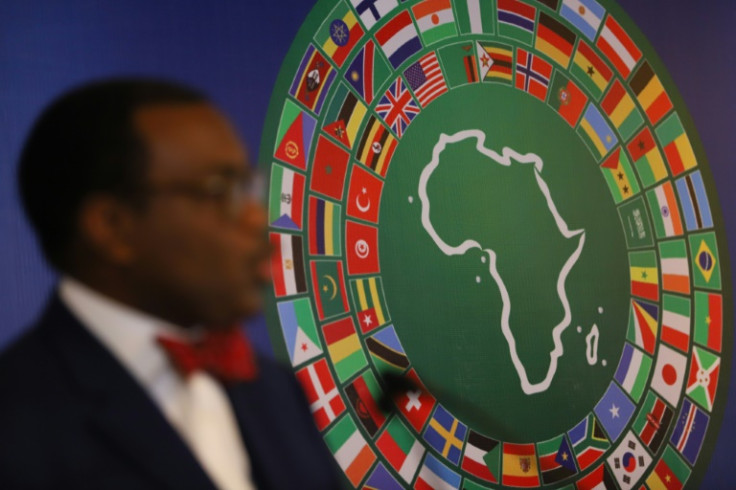'Resilient' Africa Set For Growth Rebound: ADB

Africa saw the pace of economic growth sag last year as inflation continued to rise but is set to rebound this year, the African Development Bank said Friday.
In its latest report on the state of the continent's economy, the ADB said that Africa had yet to benefit from falling inflation seen in other parts of the world.
Instead, average inflation increased by 3.6 percentage points, to 17.8 percent last year, the highest rate in a decade.
"Inflationary pressures in Africa remain entrenched and have eroded people's purchasing power and adversely affected livelihoods," the bank's president, Akinwumi Adesina, said in his introduction to the report.
High global interest rates and the depreciation of many African currencies versus the US dollar have also increased debt service costs, constraining investment needed to boost growth and social spending.
While economic growth slowed to 3.2 percent last year, from 4.1 percent in 2022, according to the ADB's calculations, this still makes it the world's second-fastest-growing region after Asia.
The ADB noted that 15 African countries posted growth rates of higher than five percent thanks to higher investment spending, a recovery in tourism and a strong performance by the mining sector.
"Despite the growth slowdown in 2023, the continent's economies remain resilient, with growth in 2024 projected to rise to 3.8 percent," the ABD said in its report.
The projected higher growth reflects efforts to diversify economies and boost consumer consumption, it said.
And while the ADB said it expects medium-term growth prospects to improve, it said risks remain tilted to the downside, reflecting both global and regional uncertainty.
"Africa's economic growth is forecast to rebound if the global economy remains resilient, the implementation of infrastructure projects on the continent begins to yield dividends and progress on debt restructuring and fiscal consolidation in countries facing heightened debt challenges is sustained," it said.
But if inflation remains persistent on the continent, possibly due to conflicts sending prices higher again, it could erode any gains, it warned.
© Copyright AFP {{Year}}. All rights reserved.





















